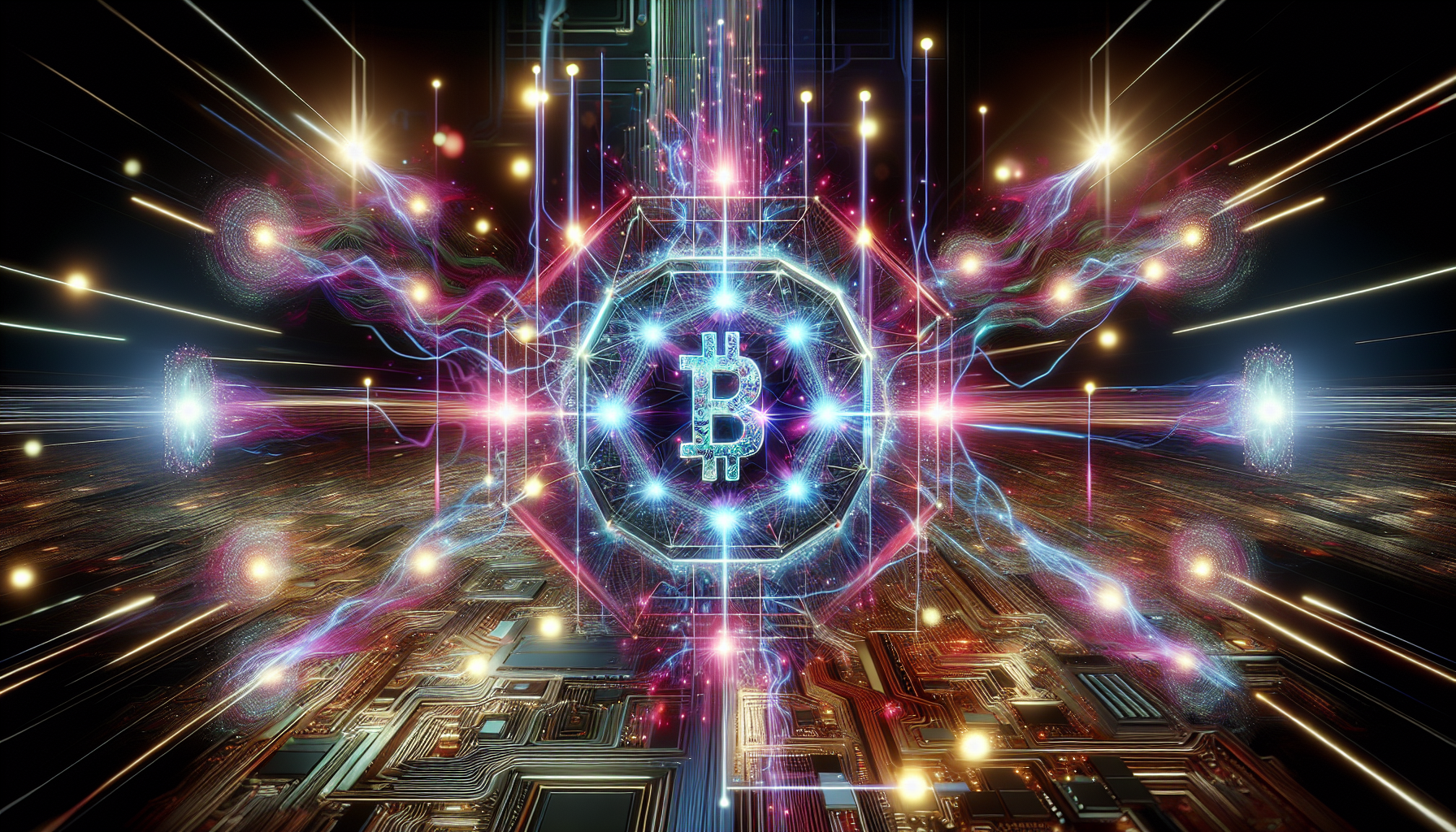
tl;dr
Ethereum co-founder Vitalik Buterin unveils GKR, a revolutionary zero-knowledge proof protocol that slashes computational costs by 15x, poised to transform Ethereum scalability and zero-knowledge machine learning.
**Vitalik Buterin Unveils GKR: A Breakthrough in Zero-Knowledge Proofs for Ethereum and Beyond**
Ethereum co-founder Vitalik Buterin has introduced a groundbreaking cryptographic protocol called **GKR** (Goldwasser–Kalai–Rothblum), promising to revolutionize the efficiency and scalability of zero-knowledge (ZK) proofs. This innovation, detailed in a comprehensive blog post, aims to reduce the computational costs of ZK proofs, which underpin privacy and scalability solutions across the Ethereum ecosystem.
### Understanding GKR: A New Era in Zero-Knowledge Proofs
GKR is designed to address a critical bottleneck in blockchain technology: the high resource demands of traditional ZK proof systems. By streamlining the process of verifying complex computations, GKR enables faster and more cost-effective verification, making it a game-changer for applications ranging from blockchain scalability to machine learning.
### How GKR Works: Efficiency Without Heavy Commitments
Traditional systems like STARKs require users to commit to *every step* of a computation, often involving hundreds of hash operations per data byte. This process is both time-consuming and resource-intensive. GKR, however, skips these intermediate commitments, instead only committing to the *inputs and outputs* of a computation. This approach drastically reduces the computational overhead.
At the core of GKR is the **sumcheck protocol**, a mathematical technique that allows provers and verifiers to validate complex calculations by examining only a few randomly selected points, rather than the entire dataset. This not only accelerates verification but also minimizes the hardware and financial costs associated with running ZK proofs.
While GKR itself does not provide privacy, it can be integrated with existing ZK-SNARK or ZK-STARK systems to offer zero-knowledge guarantees. In a practical demonstration, Buterin showcased GKR’s ability to prove millions of **Poseidon2 hash functions** in parallel—a common operation in blockchain and AI workloads.
### Theoretical and Real-World Efficiency Gains
Buterin estimates that GKR could reduce computational overhead by **15 times** compared to traditional STARKs. Early real-world tests have already achieved a **10x improvement**, signaling significant potential for cost savings and scalability. This efficiency makes GKR particularly appealing for applications requiring massive cryptographic computations, such as ZK-rollups and decentralized machine learning.
### Implications for Ethereum and Beyond
The introduction of GKR comes at a pivotal moment for Ethereum. Just weeks prior, Buterin praised the progress of the **Lean Ethereum team**, which is building a minimal zkVM for long-term scalability. GKR is poised to strengthen Ethereum’s foundation for **ZK-rollups**, which batch transactions off-chain and submit compact proofs to the mainnet, enhancing speed and reducing costs.
Beyond blockchain, GKR’s design has far-reaching implications. It is particularly suited for **zero-knowledge machine learning (zk-ML)**, where large models must verify correct outputs without exposing sensitive data. Researchers are already exploring its potential in general-purpose proof systems, opening doors for secure, privacy-preserving AI applications.
### A Philosophy of Security and Scalability
Buterin’s advocacy for GKR aligns with his broader vision for Ethereum: prioritizing **network security and long-term trust** over short-term convenience. This principle is evident in the protocol’s robust design, which balances efficiency with reliability.
As Ethereum continues to evolve, GKR represents a critical step toward a future where blockchain technology can scale seamlessly while maintaining privacy and decentralization. For developers, researchers, and users alike, this innovation marks a transformative leap in the world of cryptographic computing.
In the words of Buterin, GKR is not just a technical advancement—it’s a catalyst for reimagining how we build and secure the digital infrastructure of tomorrow.